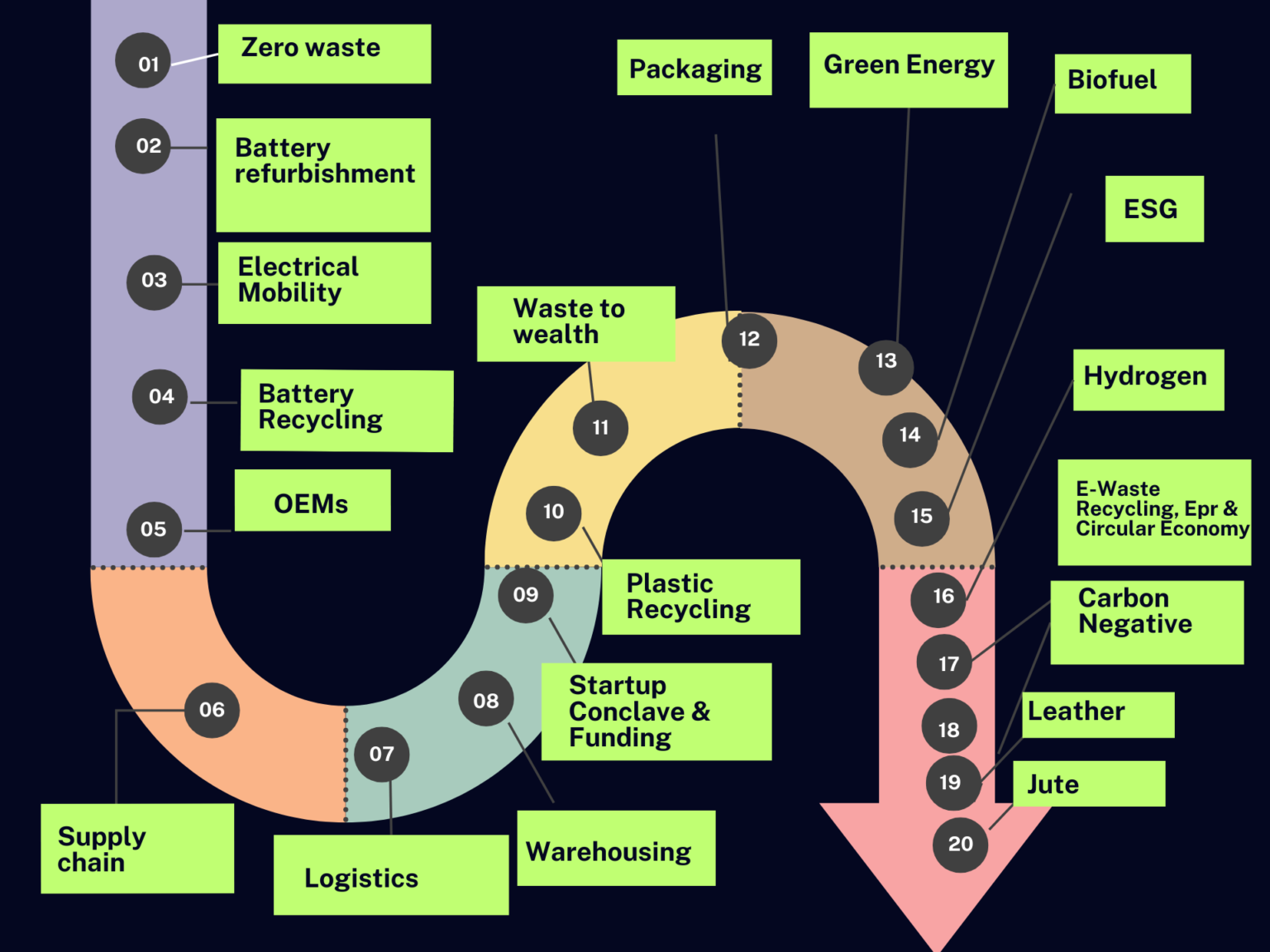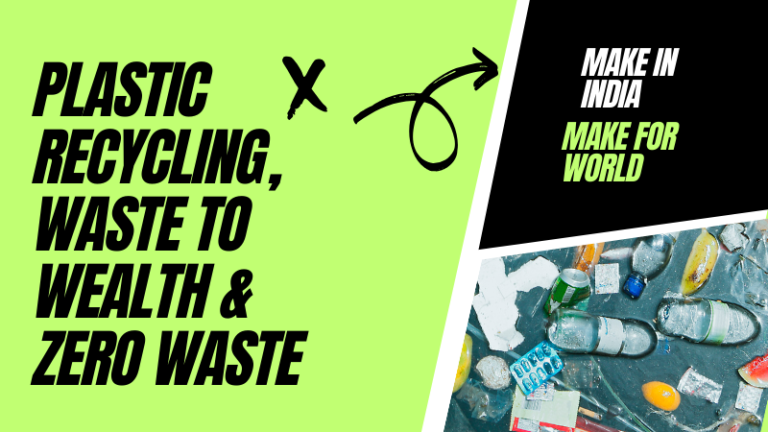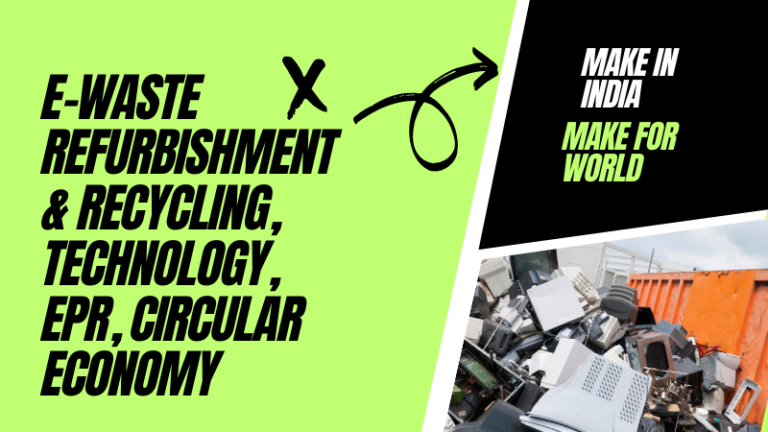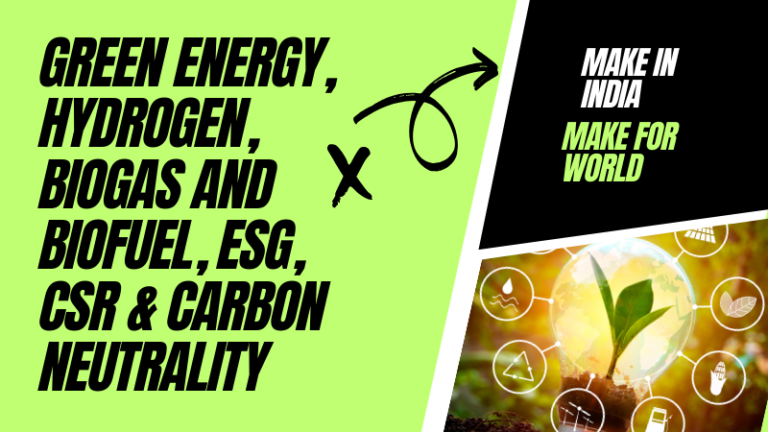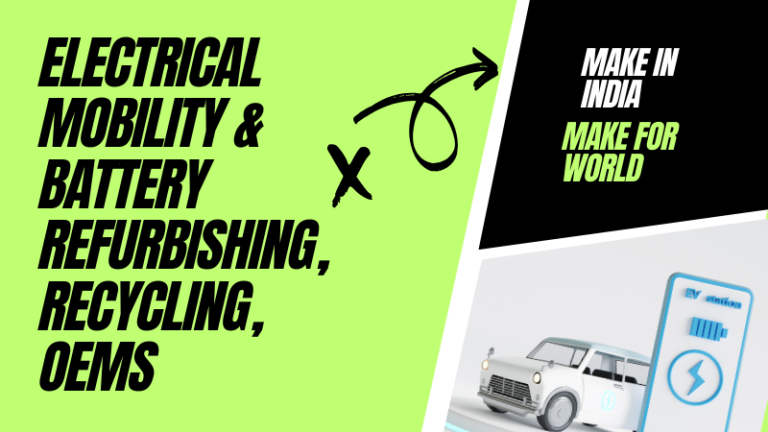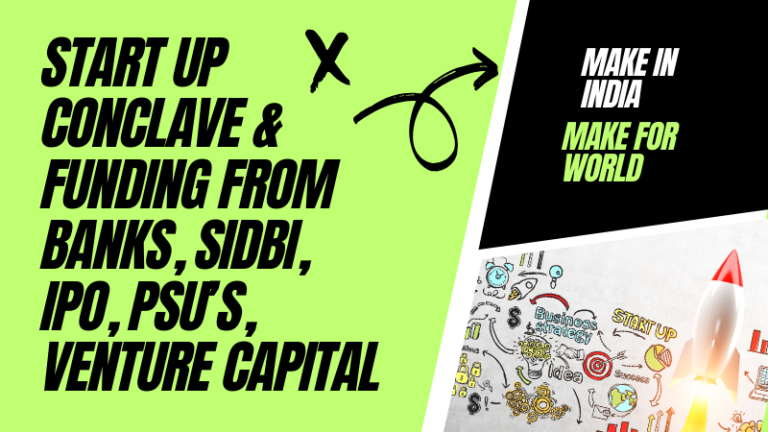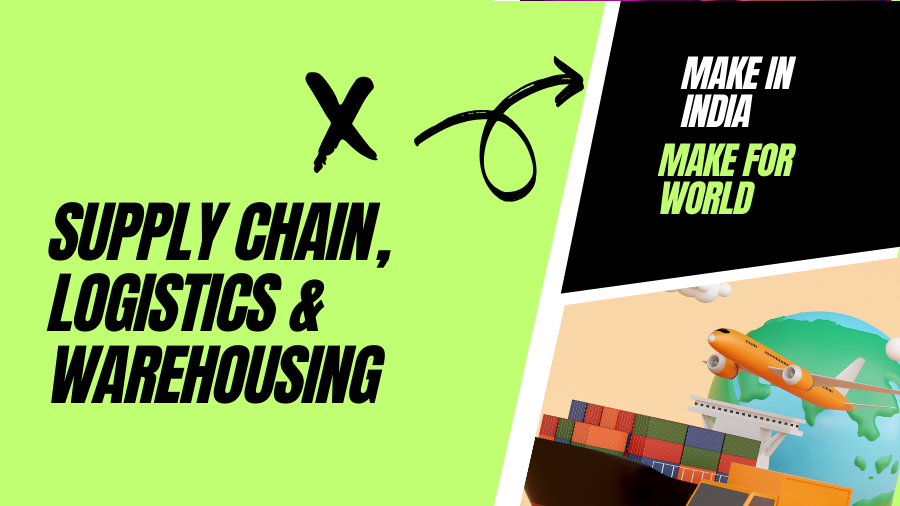Our event is all about making things work better in supply chains, shipping, and storage. Experts will share ideas on how to do things smarter and faster. We’ll have talks, group chats, real-life stories, and chances to meet new people. Come learn how new ideas and teamwork are changing how things get done!
Features of Supply Chains, Shipping, and Storage:
Date: 18th - 20th Nov | Time: 09:00 Am to 07:00 Pm
sTART-UPS , WE SUPPORT THEM TO GET LOANS, TRAINING
Through our extensive network of financial institutions and strategic partnerships, we facilitate access to loans and funding opportunities, ensuring that entrepreneurs have the financial resources needed to fuel their ambitions. Moreover, our training and mentorship programs provide invaluable guidance and expertise, empowering entrepreneurs with the knowledge and skills needed to thrive in today's competitive business landscape.
At the MSME Chamber of Commerce and Industry of India, we understand that the journey of entrepreneurship is fraught with challenges, but we firmly believe that with the right support and resources, every aspiring entrepreneur has the potential to succeed. Join us on this transformative journey, and let us help you turn your dreams into reality. Together, we can unlock the limitless possibilities of entrepreneurship and drive sustainable growth and prosperity for India's MSME sector.
Please note that MSMECCII not only serves MSME's,we also serve Middle Industries & Corporates organisations to represent in the State Govt & Central Govt. We are organizing World's one the largest Global Conclave every year for the awareness of Global Industries, Ministries,Secretaries & Joint Secretaries,Industry Leaders in one platform for Global networking. All are Eminent Speakers including Padmashri,Padmabhushan,Padmabhibhushan & Doctorate individuals who are stalwarts in their own Industry. We are very proud to have this dignitaries as our Patron members 1. Dr Rajgopalon Vasudevan,Plastic Man of India 2. Dr Kartikeya Sarabhai Environment Man of India 3 .Dr G D Yadav Chemical Man of India 4. Jadav Payeng, Forest Man of India 5. Rajinder Singh,Water Man of India 6. Professor Ravindra Kumar Sinha,Dolphin Man of India 7. Rakesh Khatri Man of India 8. Dr Sujoy Guha Science & Engineering Man of India
Global Sustainability: Make in India, Make for the World
In the wake of escalating environmental challenges and the urgent need for collective action, the concept of sustainability has emerged as a guiding principle for global development. As nations grapple with the repercussions of climate change, resource depletion, and social inequality, the imperative to foster sustainable practices has never been more pressing. In this context, India stands poised to play a pivotal role in the journey towards global sustainability, encapsulated by the mantra of “Make in India, Make for the World.”
India, a land of diverse cultures, vibrant traditions, and burgeoning economic potential, is increasingly recognized as a linchpin in the global sustainability agenda. With its vast and varied landscape, India faces a unique set of environmental challenges, ranging from pollution and deforestation to water scarcity and loss of biodiversity. However, these challenges also present opportunities for innovation, collaboration, and transformative change.
At the forefront of this movement are environmental conferences in India, such as the World Sustainable Development Summit and other sustainability conferences, which serve as platforms for dialogue, knowledge exchange, and collective action. These gatherings bring together policymakers, industry leaders, academics, and civil society stakeholders to address pressing sustainability issues, share best practices, and catalyze innovative solutions.
One such pivotal event is the World Sustainable Development Summit (WSDS), a flagship annual conference organized by The Energy and Resources Institute (TERI). WSDS serves as a beacon of hope and inspiration, drawing attention to the urgent need for sustainable development and fostering partnerships to drive positive change. With its focus on sustainability development and the adoption of ESG principles (Environmental, Social, and Governance), WSDS exemplifies India’s commitment to leading by example on the global stage.
In the broader context of sustainability, it’s crucial to understand the multifaceted nature of the concept and its implications for various sectors. Sustainability encompasses not only environmental conservation but also social equity, economic prosperity, and cultural preservation. It’s about striking a delicate balance between meeting the needs of the present without compromising the ability of future generations to meet their own needs.
Key sectors under the umbrella of global sustainability include:
Green Energy and Renewable Resources: India’s transition towards renewable energy sources, such as solar, wind, and hydroelectric power, is instrumental in reducing carbon emissions, enhancing energy security, and promoting economic growth. Sustainable energy initiatives not only mitigate the impacts of climate change but also create employment opportunities and stimulate innovation in the clean energy sector.
Sustainable Agriculture and Food Security: As a predominantly agrarian society, India faces the dual challenge of ensuring food security for its burgeoning population while preserving natural resources and ecosystems. Sustainable agriculture practices, including organic farming, agroforestry, and water conservation, are essential for enhancing agricultural productivity, improving livelihoods, and safeguarding biodiversity.
Circular Economy and Waste Management: The concept of a circular economy, where resources are reused, recycled, and regenerated, is gaining traction as a sustainable alternative to the linear “take-make-dispose” model. By promoting waste reduction, resource efficiency, and closed-loop systems, India can minimize environmental impact, create new revenue streams, and foster a culture of responsible consumption and production.
Biodiversity Conservation and Ecological Restoration: India’s rich biodiversity, encompassing diverse ecosystems, wildlife species, and natural habitats, is a source of pride and resilience. However, rampant deforestation, habitat destruction, and illegal wildlife trade threaten the integrity of ecosystems and the survival of endangered species. Conservation efforts, coupled with community engagement and ecosystem restoration initiatives, are essential for safeguarding India’s natural heritage and ensuring ecological resilience.
Sustainable Urbanization and Smart Cities: With rapid urbanization and population growth, India’s cities face immense pressure to provide essential services, infrastructure, and livable environments for residents. Sustainable urban planning, green infrastructure development, and adoption of smart technologies are critical for promoting inclusive, resilient, and environmentally friendly cities. Initiatives like the Smart Cities Mission aim to harness innovation and technology to address urban challenges and improve quality of life.
Social Equity and Inclusive Development: At the heart of sustainability lies the principle of social equity, ensuring that development is inclusive, participatory, and equitable for all segments of society. Empowering marginalized communities, promoting gender equality, and enhancing access to education, healthcare, and livelihood opportunities are integral to building a sustainable and just society.
Climate Action and Adaptation: India’s vulnerability to climate change impacts, including extreme weather events, sea-level rise, and water scarcity, necessitates urgent action to mitigate greenhouse gas emissions and strengthen resilience. Through ambitious climate policies, investments in climate-smart infrastructure, and international cooperation, India can contribute to global efforts to limit global warming and protect vulnerable communities.
In conclusion, the concept of global sustainability is not merely a lofty ideal but a pragmatic imperative for securing a prosperous and harmonious future for all. By embracing the ethos of “Make in India, Make for the World,” India has the opportunity to lead the charge towards sustainability, driving innovation, fostering collaboration, and inspiring meaningful change on a global scale. As we navigate the complex challenges of the 21st century, let us heed the call to action and work together to create a world that is sustainable, equitable, and resilient for generations to come.

